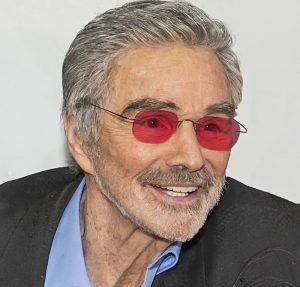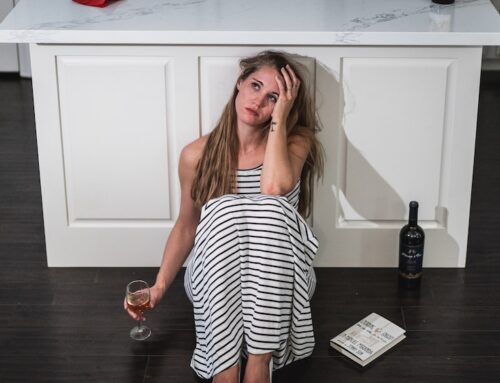Inside Burt Reynolds’ Addiction Struggles & Road To Recovery…from The Fix…
By David Konow
The late icon spoke openly about his battles with addiction throughout his life.
Burt Reynolds.
When Burt Reynolds died on September 6 at the age of 82, many who worked with the iconic star expressed great sadness at his passing.
With hit movies like Smokey and the Bandit and Hooper, Reynolds became one of the biggest sex symbols of the ‘70s, but his life and career became increasingly troubled in the following decades. (His career ended on a high note with the independent gem The Last Movie Star, and he was about to film a role in the latest Quentin Tarantino movie Once Upon a Time in Hollywood.)
One of the tribulations of Reynolds’ life was his addiction to a controversial sleeping pill, which he spoke about openly. In the early nineties, Reynolds confessed he was addicted to Halcion, which he got hooked on when recovering from an injury he suffered during a movie shoot.
“I broke my jaw and shattered my temporomandibular joint,” he recalled. “The pain was worse than a migraine. It is like having an army of people inside your head trying to get out through ears, eyes, your nose. It never stops.”
Reynolds was hooked on Halcion for over four years. He told TV Guide he was taking up to 50 Halcion pills a day, and he went into a coma when he tried to stop cold turkey.
“Doctors told me if I had taken one more pill I would have died.” (In 1992, Halcion came under scrutiny from the Food and Drug Administration, and it was also banned in Great Britain.)
Even after having a near-death experience, Reynolds didn’t enter rehab at the time. He told People, “It was very important to me not to be portrayed as a drug addict.”
He wrote in his autobiography that he didn’t take another Halcion after he regained consciousness, but he fell into addiction again in 2009, becoming addicted to prescription pills after he had back surgery.
Reynolds finally surrendered and checked into rehab that September.
“I felt that in spite of the fact that I am supposedly a big tough guy, I couldn’t beat prescription drugs on my own. I’ve worked hard to get off of them and really hope other people will realize they need to seek professional help, rather than ignoring the problem or trying to get off of the prescriptions on their own.”


